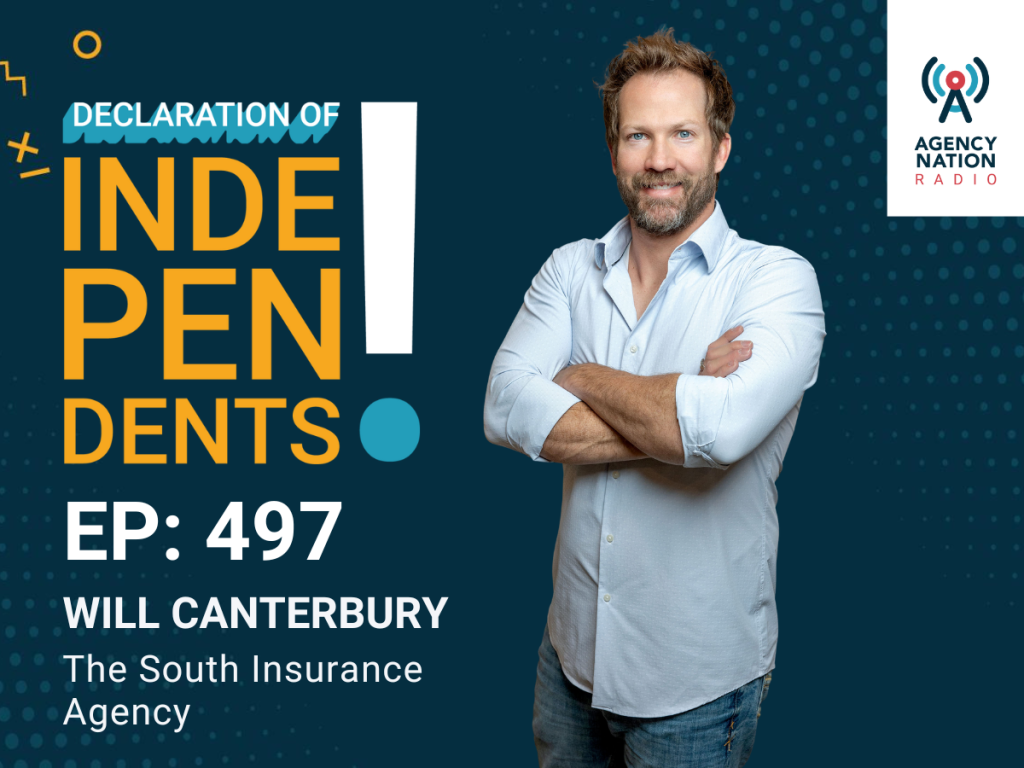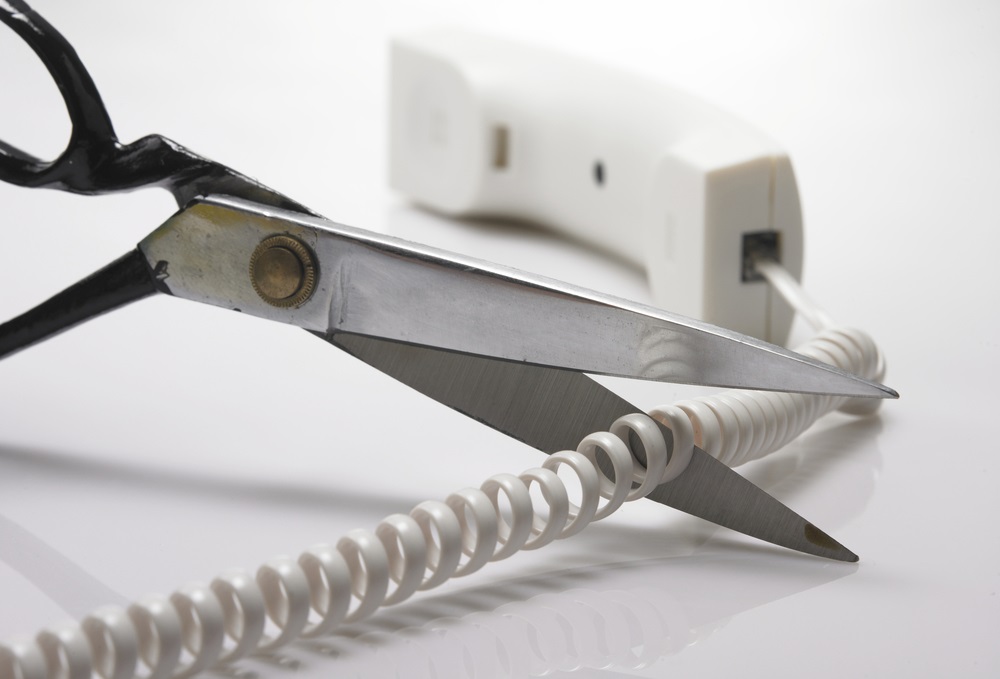Disengage Autopilot: Are Your Habits Helping or Hindering You?

By: Brian Ahearn
I‘m a creature of habit. You’re a creature of habit. The reality is that all human beings are creatures of habit. The question is: Are your habits helping or hindering you?
The human brain is amazing in so many ways. It’s been compared to a computer, but there’s no computer in the world that is as sophisticated as the human brain.
Your subconscious processes about 11 million bits of information per second, according to science, but your conscious brain only processes about 40 bits of information during that same time. That’s actually a good thing, because if you had to consciously focus on every bit of information you encounter, you would be overwhelmed. Considering your brain’s caloric requirements, it’s a good bet you wouldn’t be able to consume enough energy to do so.
As our brains learn, they begin to relegate the learning to the subconscious. That’s why much of our life is driven by autopilot. We think without thinking and act without much thought.
Consider your morning routine. You probably wake up at the same time, go through the same steps to get ready, have coffee or breakfast around the same time, drive to work the same way, and the list goes on and on. Unless something out of the ordinary grabs your attention, you can go through that entire routine in a mind-numbing way. Have you ever driven to work, and then suddenly realized you don’t remember any of the drive? That’s because it’s so routine that your brain processes the necessary information in the background.
It’s in the background of your mind where your habits are formed. Your habits are either formed by default—meaning they just happen—or they are by design, caused by your direct intention. The thing is, your subconscious doesn’t know the difference between default and design. That’s why you can slip into bad habits long before you realize it. Just consider eating habits. Many people have put on unwanted pounds before they realize it because of poor eating habits. Their subconscious is just operating the way it was designed to.
The Need for Change
There will come a point in life when you realize you need to change. It might be your routine at work, how you approach individuals, how you go about your morning routine, eating or just about anything. But if you’ve tried to change, you know it can be very difficult, which is a testament to the strength and efficiency of your subconscious.
Whether your habits are by default or design, the bigger question is: Are they serving you as you would like? Also, are they leading to success at the office and happiness at home? If you answer those questions with “no,” you need to engage in the painful process of change.
Once you become aware of a habit that needs to change, you’re working against the inertia of your subconscious. And the longer a habit has been in place, the harder it is to change, no matter how good your intentions. This is why understanding habit formation is critical. You won’t change your habits by willpower alone, because willpower is like a muscle. It gets tired the more you use it. You need to have a plan. Otherwise, you’ll become discouraged and frustrated.
Positively, there’s more research than ever on how habits are formed and how they can be changed. Here are three resources I’ve found most helpful when it comes to stopping bad habits, creating new habits or changing old ones.
1) “The Power of Habit.” Charles Duhigg is the author of “The Power of Habit,” a New York Times bestseller. Duhigg started a new focus on the impact habits have on our lives. I read this book shortly after it came out and was blown away by it. The book is full of research, is well written and gives practical steps to change your habits.
Duhigg says five cues can trigger habit formation: location, time, emotional states, other people and immediately preceding actions. As you might expect, it’s vitally important to know what cues trigger your current behaviors if you want to change them.
2) “Tiny Habits.” “Tiny Habits: The Small Changes That Change Everything” is the work of Stanford professor BJ Fogg. Of the three books I recommend, Fogg’s presents the most research. The book is the culmination of about a decade of his work.
Fogg’s focus is to start with tiny changes and build from there. For example, don’t try to do 20 push-ups every day to get in shape. Start with just one. Make a commitment to do one push-up at different times, like as soon as you walk in the front door or just before you eat breakfast. With this approach, you’re beginning to build a tiny habit that will eventually get you to a bigger, longer-lasting habit.
3) “Atomic Habits.” “Atomic Habits: An Easy & Proven Way to Build Good Habits & Break Bad Ones” by James Clear is my favorite. What I appreciated most was that his advice to implement new habits and break old ones is easy to follow and act on.
Clear says there are four laws to habit formation: make it obvious, make it attractive, make it easy and make it satisfying. If you can do these four things, any habit you seek to start, change or stop should be a much easier endeavor for you.
Defining Success
Beyond understanding how to change habits, you need to ask yourself: What does success look like in your career? What does it look like in your personal life? Once you’ve identified what success looks like, what actions will help you achieve that success? When you’ve answered that you’re ready to start looking at how you can turn those actions into habits.
Here are a few examples I use:
Calendar. I use my calendar to drive much of my day. By doing so, I’m not haphazardly reacting throughout the day. Instead, I’m taking charge of my time. For me, that means blocking at least one hour a day to do the tasks that are not urgent but are important over the long haul.
I block time to write, post on social media and follow up with current and prospective clients. Here’s a truism: What gets on our calendars tends to get done.
Routines. I’ve tried to create routines in my life that energize me. For example, I’m up by 5 a.m. every day because a priority for me is my physical and mental health along with my spiritual well-being. The first two hours of my day are dedicated time to think, read, pray and exercise.
Getting up that early may not be for everyone, but I’ve found that most people don’t want my time before 7 a.m., which allows me to consistently do the things that are most important for my personal well-being. I’m a firm believer that consistency trumps intensity over the long-haul.
Dealing with poor habits. Like most people, I have habits that have not served me well. One was spending too much time on my phone. I’ve made the simple choice not to have my phone in the bedroom, so I’m not looking at it before I go to sleep. I don’t have enough willpower to have it beside me and not take a look, so I leave it downstairs in my office to charge overnight.
I’ve also made the conscious choice not to engage with any apps—Facebook, LinkedIn and X, formerly known as Twitter—or look at any news sites until I’ve finished my morning routine. This has done wonders for my mental health.
Habits and Character
You may not have considered this before, but your habits are the basis of your character. Character isn’t who you imagine yourself to be or who you want to be. Character is who you actually are.
You may aspire to be someone who keeps your word, but if you don’t keep your word, then you’re not viewed as a reliable person. In other words, that’s not your character. By focusing on the habits that will help you succeed professionally and personally, you can begin to change your character.
Character is simply how other people experience you. How do people experience you? By the things you say and do. As I noted earlier, the vast majority of what you do comes about without thinking because it comes from your well-established habits. Character is formed little by little over time. It’s likely it will take time to change, so start small and build. If you want to change your character, change your habits.
Habits are key to your success and happiness because your habits define you. While you may not be where you want to be—or may not be the person you want to be—the good news is that you can make the choice to change both.
Here’s one more reason to focus on character by way of your habits. According to Aristotle, the famous Greek philosopher, “Character may almost be called the most effective means of persuasion.”
Make the decision today to take hold of your habits so they help you rather than hinder you. Do so and you will enjoy more success and happiness.
Brian Ahearn is chief influence officer at Influence PEOPLE LLC.










